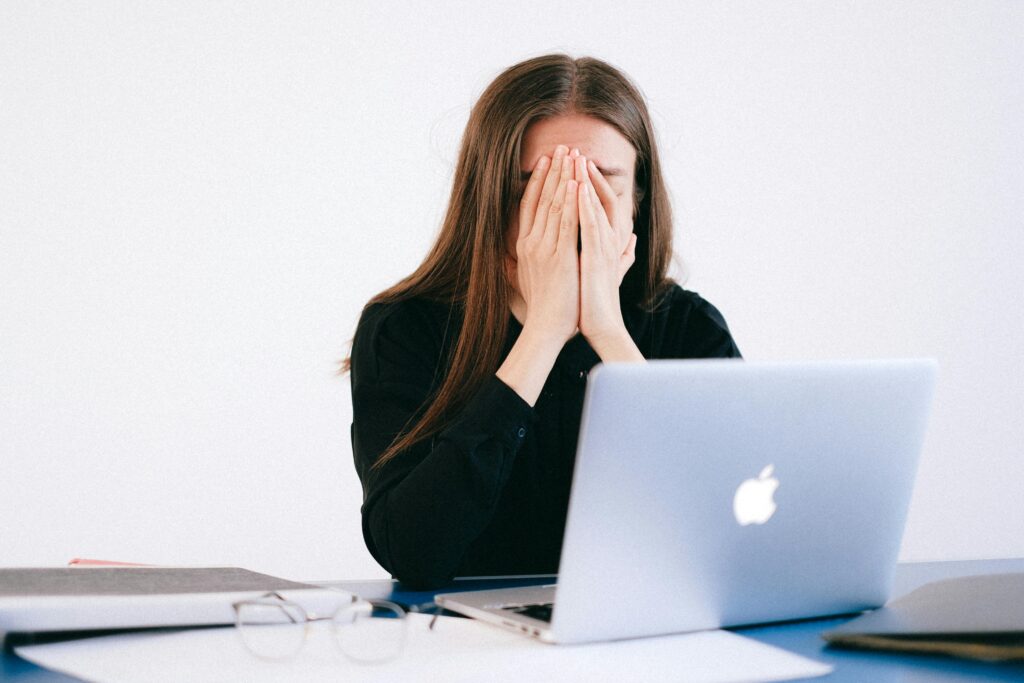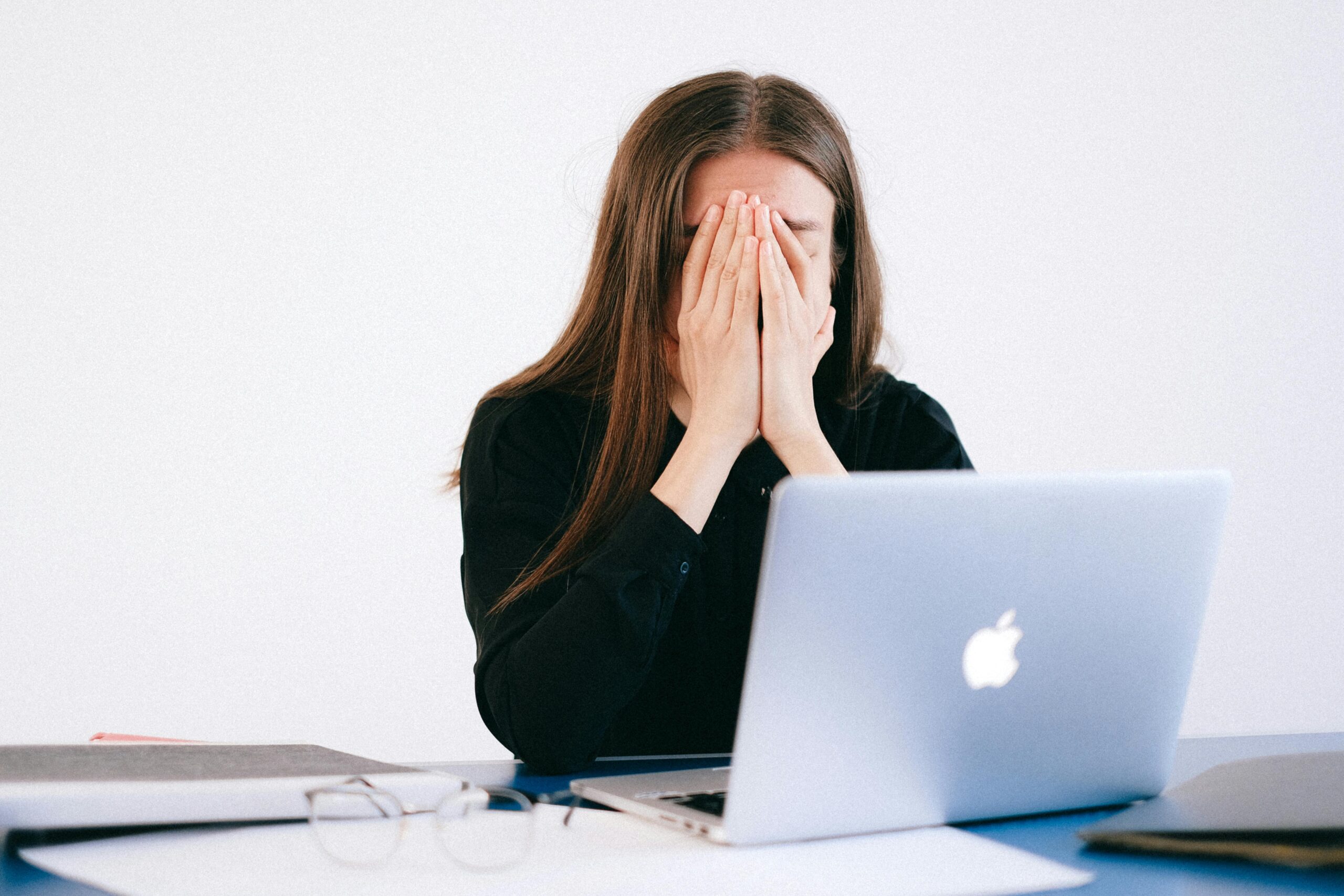Understanding the Relationship Between Anxiety and Depression
When you’re experiencing persistent worry or feelings of sadness, it’s natural to wonder, Are anxiety and depression related? The short answer is yes—they often occur together and share overlapping symptoms. For those in Edina, MN, struggling with mental health challenges, this connection can feel overwhelming. At IntegroRecovery Clinic, we specialize in helping patients navigate the complexities of anxiety, depression, and addiction. Let’s dive deeper into how these conditions are linked and what you can do about it.
How Are Anxiety and Depression Related?
Anxiety and depression are distinct conditions, but they frequently co-occur. According to the Diagnostic and Statistical Manual of Mental Disorders (DSM-5), about half of individuals diagnosed with depression also experience symptoms of anxiety. This overlap can make it challenging to differentiate between the two conditions.
Shared Symptoms
Both anxiety and depression can affect how you think, feel, and behave. Here are some common symptoms they share:
- Trouble concentrating.
- Sleep disturbances, such as insomnia or oversleeping.
- Fatigue or low energy levels.
- Irritability or restlessness.
These shared symptoms can amplify each other, creating a cycle that feels difficult to break.
Biological and Environmental Factors
The relationship between anxiety and depression often stems from similar causes. Key factors include:
- Brain Chemistry: Imbalances in neurotransmitters like serotonin and dopamine can contribute to both conditions.
- Genetics: A family history of mental health disorders increases the likelihood of developing anxiety or depression.
- Life Stressors: Trauma, loss, or chronic stress can trigger both conditions, especially when left unaddressed.
Understanding these factors can help identify the root of your symptoms and guide treatment.
The Impact of Co-occurring Anxiety and Depression
When anxiety and depression occur together, the effects can be more severe than experiencing either condition alone.
How They Interact
Anxiety often fuels depression. For example, chronic worry about future events can lead to feelings of hopelessness or failure. On the other hand, depression can worsen anxiety by creating fears of inadequacy or rejection. This dynamic can trap you in a way that’s hard to escape without professional help.
Daily Life Challenges
Co-occurring anxiety and depression can disrupt many aspects of daily life, including:
- Work: Difficulty focusing or completing tasks.
- Relationships: Emotional withdrawal or irritability.
- Physical Health: Increased risk of heart disease, headaches, and other stress-related conditions.
Recognizing these challenges is the first step in taking back control.
Treatment Options for Anxiety and Depression
If you’re wondering, Are anxiety and depression related, and can they be treated together? the good news is that effective treatments are available.
Psychotherapy
Therapy is often a cornerstone of treatment. At IntegroRecovery Clinic, we use evidence-based methods tailored to each patient’s needs. Popular approaches include:
- Cognitive Behavioral Therapy (CBT): Focuses on identifying and changing negative thought patterns.
- Dialectical Behavior Therapy (DBT): Helps manage emotional responses and improve interpersonal skills.
Medication
For many, medication management serves as the foundation of treatment. Options may include:
- Selective Serotonin Reuptake Inhibitors (SSRIs): Often prescribed to treat both anxiety and depression.
- Benzodiazepines: Short-term relief for severe anxiety symptoms, though not recommended for long-term use.
Medication should always be discussed with a qualified provider to ensure it’s the right fit for your situation.
Holistic Approaches
Lifestyle changes can complement traditional treatments. Consider incorporating:
- Regular Exercise: Physical activity releases endorphins that boost mood and reduce stress.
- Mindfulness Practices: Meditation and yoga can help calm racing thoughts and improve focus.
- Healthy Nutrition: A balanced diet supports overall mental health and energy levels.
FAQ: Are Anxiety and Depression Related?
1. Can anxiety cause depression?
Yes, anxiety can contribute to depression, especially when constant worry leads to feelings of hopelessness or exhaustion.
2. Is it possible to have anxiety and depression at the same time?
Absolutely. Many people experience both conditions simultaneously, a situation known as comorbidity.
3. How can I tell if I have anxiety, depression, or both?
If you experience persistent worry, sadness, or difficulty functioning in daily life, it’s best to consult a mental health professional for an accurate diagnosis.
4. Can anxiety and depression go away on their own?
Mild cases may improve with lifestyle changes, but moderate to severe cases often require professional intervention.
5. What treatments are most effective for co-occurring anxiety and depression?
A combination of therapy, medication, and lifestyle adjustments usually yields the best results.
6. Is it normal to feel alone when dealing with both anxiety and depression?
Feeling isolated is common, but support is available. Connecting with professionals or support groups can make a difference.
Why Choose IntegroRecovery Clinic in Edina, MN?
If you’re struggling with anxiety, depression, or both, IntegroRecovery Clinic offers personalized, compassionate care. Here’s why patients choose us:
- Experienced Team: Our clinicians specialize in treating co-occurring conditions, including anxiety and depression.
- Integrated Approach: We address mental health and addiction simultaneously, ensuring comprehensive care.
- Local Expertise: Conveniently located in Edina, MN, we understand the unique challenges facing our community.
Final Thoughts on the Connection Between Anxiety and Depression
So, are anxiety and depression related? Yes, and understanding their connection is essential for effective treatment. While these conditions can feel overwhelming, you don’t have to face them alone. IntegroRecovery Clinic is here to support your journey toward better mental health. Reach out today to learn more about our services and start your path to recovery.




Comments are closed